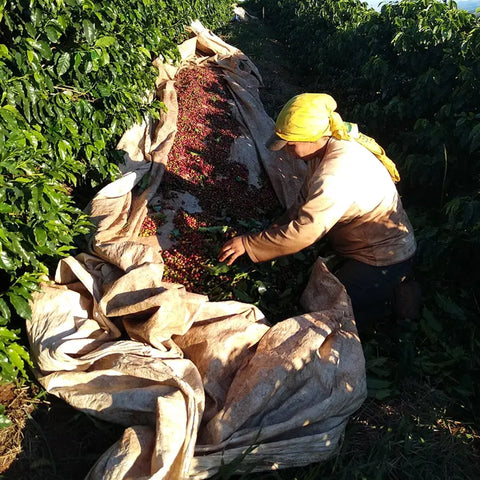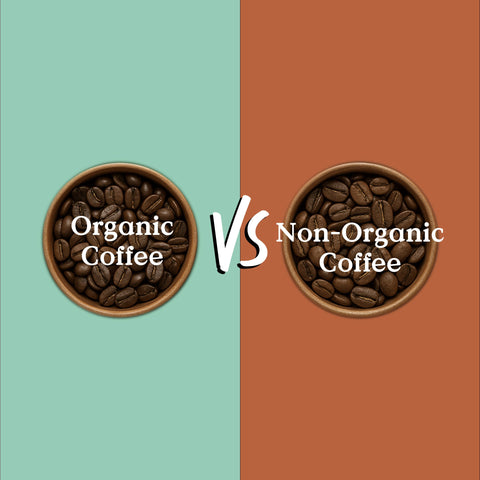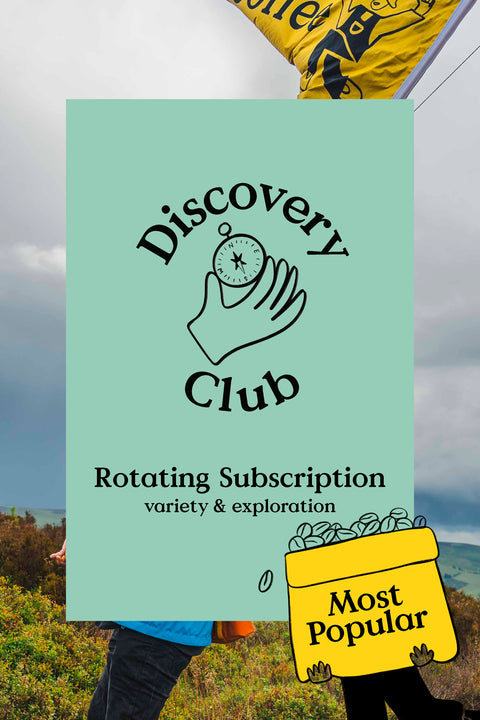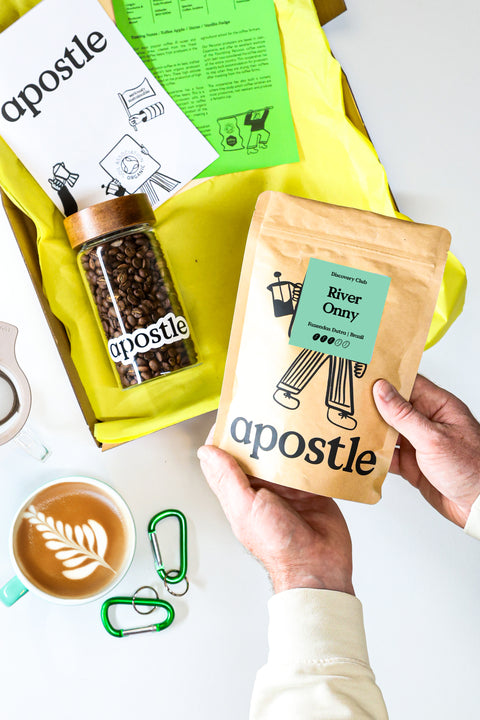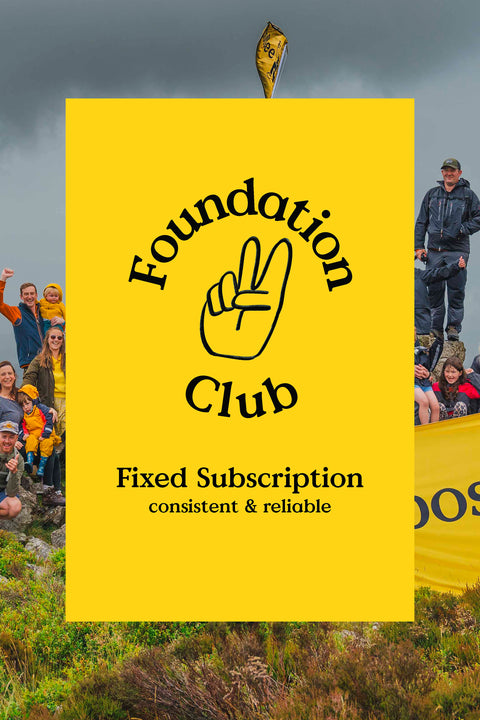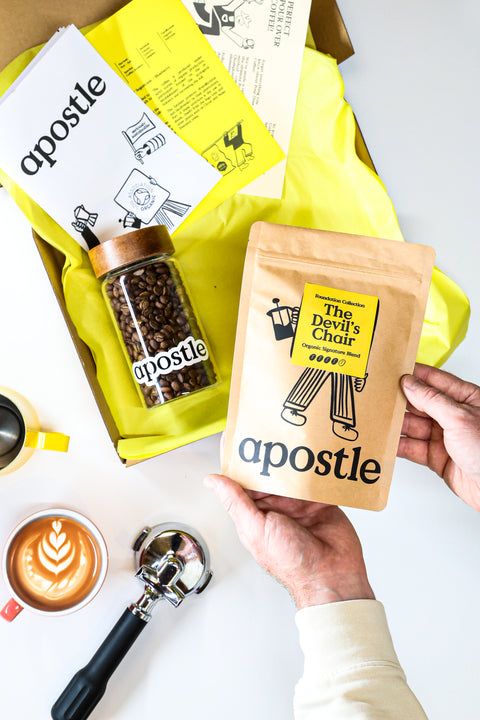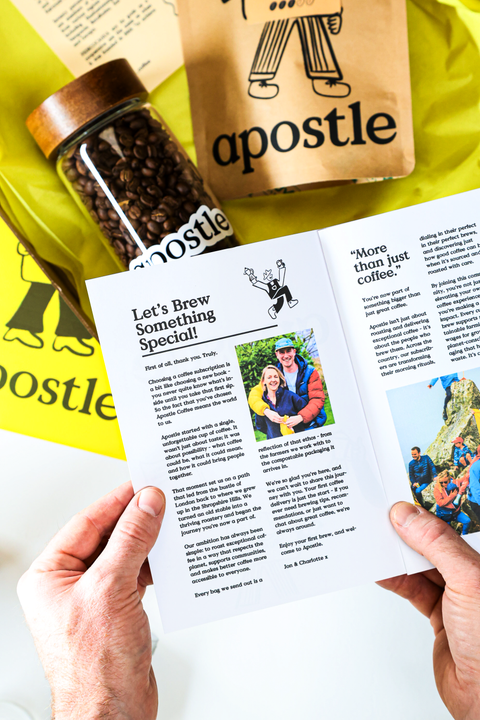Why Apostle Coffee Is Expanding Beyond Organic
At Apostle Coffee, our mission has always been guided by a simple question: how can we make coffee better — for the people who drink it, the people who grow it, and the planet we share?
Since the very beginning, our answer to this has been rooted in organic coffee. Certified organic beans, carefully sourced, roasted with care, and sent out in compostable packaging. These are the factors that have fuelled what we do. But as the wider coffee industry changes and new challenges are presented we have had to adapt to meet these challenges.
It is because of this that we are excited to share the next step in our journey — one that expands our horizons and strengthens our impact.
We’re opening our range to include non-organic coffees sourced directly from farmers. And while this may sound like a departure, it’s actually a deeper commitment to the values that shaped Apostle in the first place: transparency, sustainability, and fairness.
Why Move Beyond Organic?
The past twelve months have brought extraordinary challenges to the coffee world. Severe droughts in Brazil and Vietnam — two of the world’s largest coffee producers — have pushed global prices up by as much as 30%. At the same time, supply chains have tightened, and the pool of certified organic coffees (always smaller to begin with) has shrunk further still.
For us, staying entirely within the bounds of certification meant we risked losing the ability to bring you the variety, quality, and traceability you’ve come to expect. Certification is a powerful standard, but it’s also a system built around paperwork and infrastructure that can be out of reach for many small-scale farmers — the very people we most want to support.
By looking beyond organic certification, we can partner with farmers who may not have the official stamp but are still farming responsibly — often through practices like agroforestry, shade-growing, and reduced chemical use.
The Power of Direct Trade
This is where direct trade comes in.
By working directly with producers, rather than going through layers of middlemen or relying solely on commodity markets, we gain:
- Closer Relationships – We get to know the farmers behind your cup, their stories, challenges, and ambitions.
- Fairer Prices – Direct trade allows us to pay above Fairtrade minimums, ensuring that farmers receive a living income and the security to reinvest in their communities.
- More Control – We can trace exactly where our beans come from and ensure farming practices align with our sustainability values.
- Better Coffee – When producers are paid fairly and supported directly, they can focus on quality rather than survival. The result is more distinctive, delicious coffee for you.
What This Means for You
We want to be transparent about how this affects our coffee clubs:
- Discovery Club & Exceptional Club – will now feature unique, carefully selected non-organic coffees from direct trade partners. These will include rare lots, exciting new origins, and sustainable farms that simply don’t carry certification.
- Foundation Club & Devil’s Chair – will continue as our certified organic staple, offering our Great Taste award-winning coffee The Devil's Chair, which will remain organic.
No matter which club you belong to, you can trust that every bean has been sourced with care, paid for above industry standards, and roasted with the same passion you know us for.
Looking Ahead
This move isn’t about abandoning organic. It’s about broadening our approach to sustainability, fairness, and quality. By building direct connections with farmers, we can support them more meaningfully, bring you exceptional coffees that might otherwise be overlooked, and continue to push the industry toward a more transparent, responsible future.
We hope you’ll see this as the positive move we do — not as a compromise, but as a step forward. Because at Apostle Coffee, our mission remains the same: to prove that great coffee can be ethical, sustainable, and delicious.
Thanks for continuing to be the most important part of our journey.
Here’s to new relationships, new flavours and a future built on fairness.
